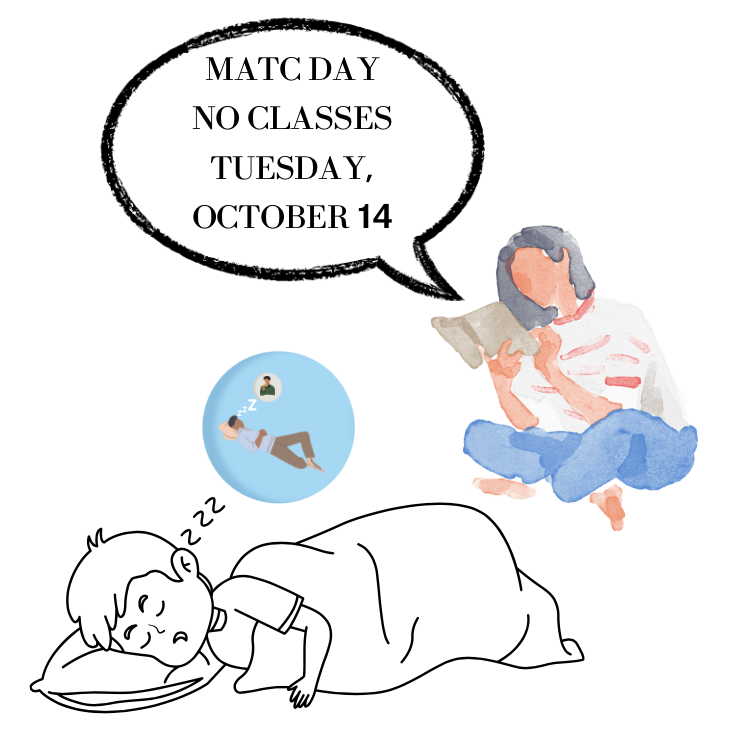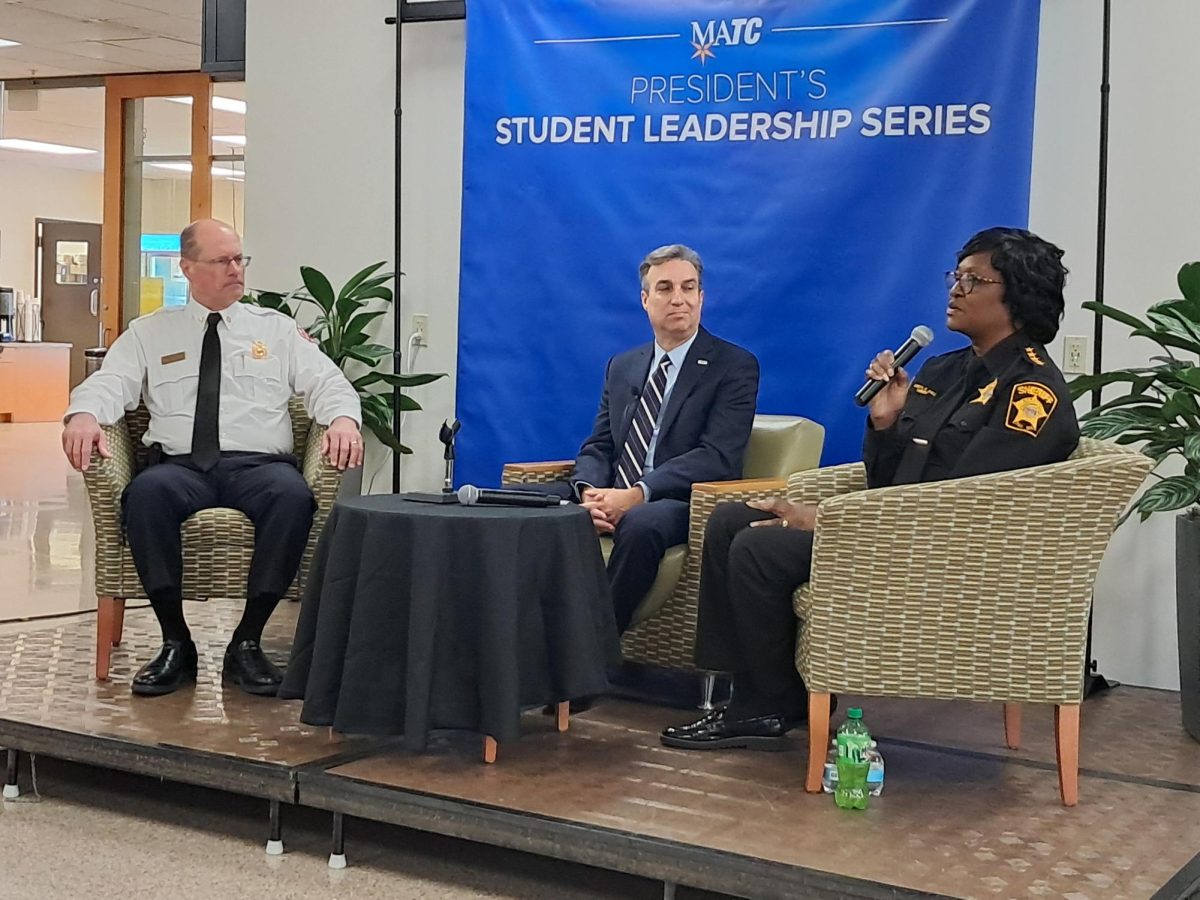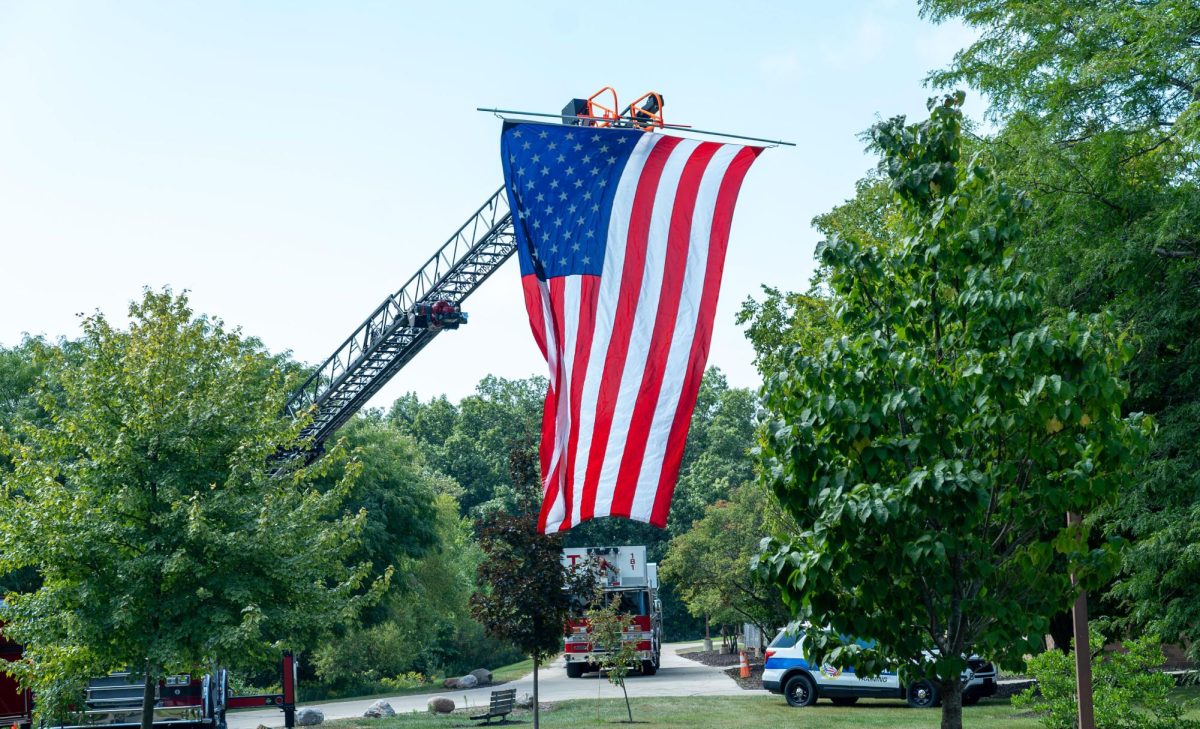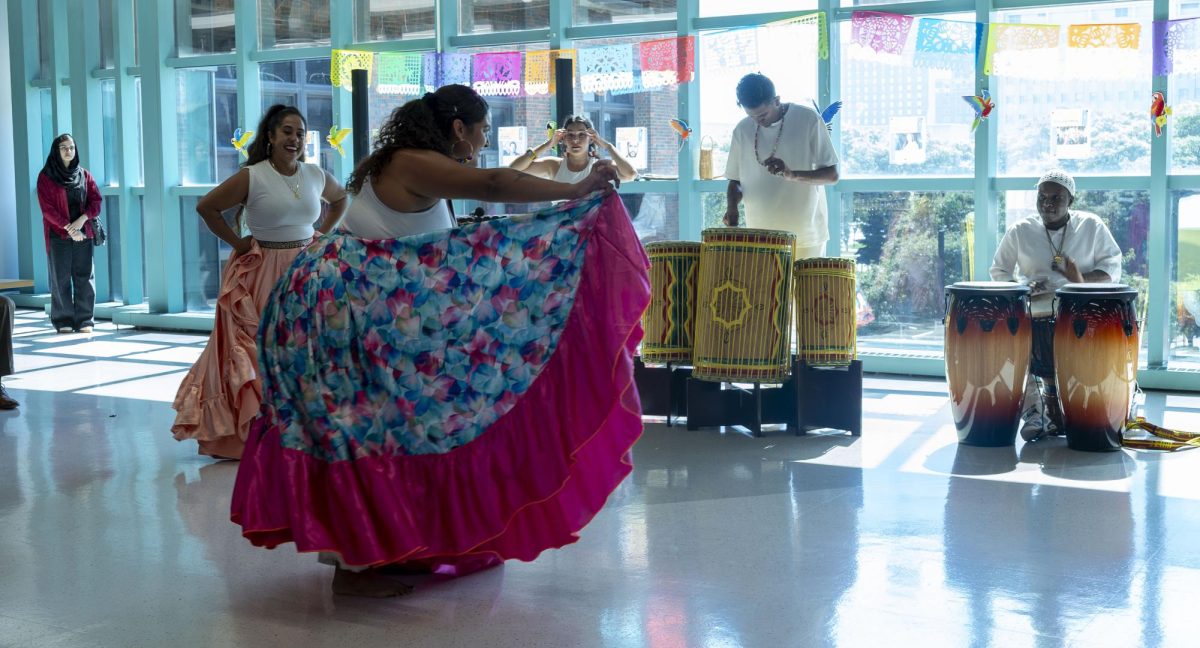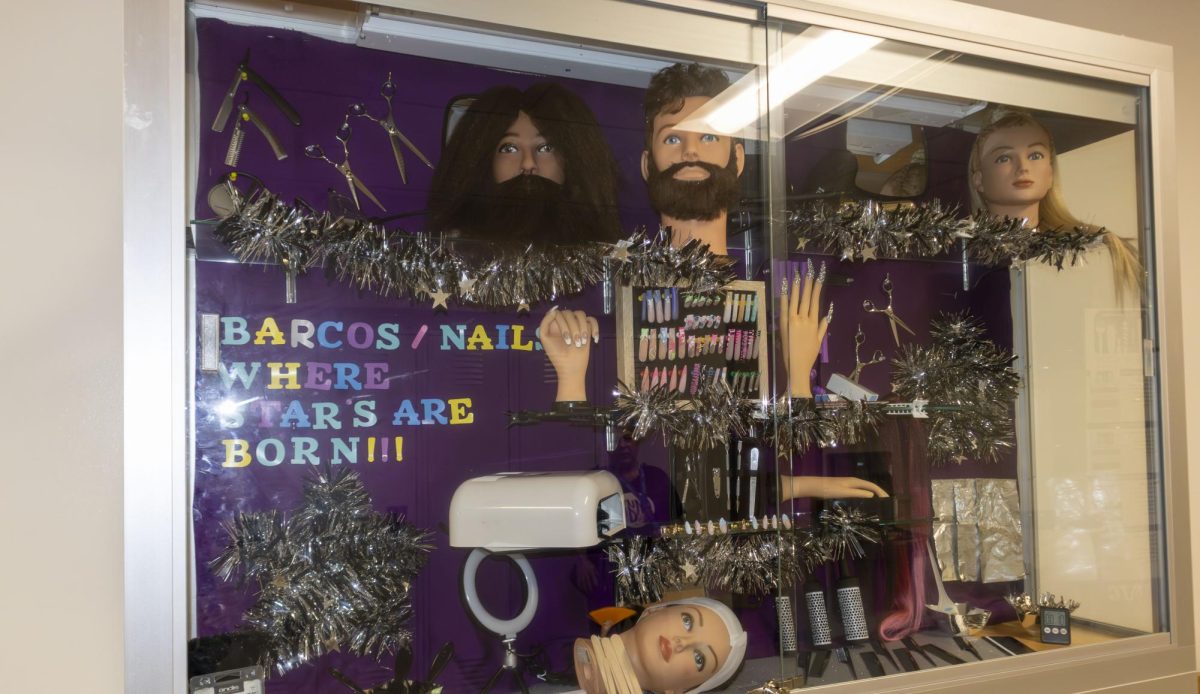What do you consider to be sexual assault?
Sexual Assault Awareness Month (SAAM) is April, but that will not stop us from talking about it in October. On Sept. 21 the New York Times published an article in response to a survey commissioned by the Association of American Universities.
The article stated, “In four years of college, more than one-fourth of undergraduate women at a large group of leading universities said they had been sexually assaulted by force or when they were incapacitated, according to one of the largest studies of its kind.
“Responding to a survey commissioned by the Association of American Universities, 27.2 percent of female college seniors reported that, since entering college, they had experienced some kind of unwanted sexual contact–anything from touching to rape–carried out by incapacitation, usually due to alcohol or drugs, or by force. Nearly half of those, 13.5 percent, had experienced penetration, attempted penetration or oral sex.”
How do we define sexual assault? Most people think of rape when they hear the words sexual assault. They are not wrong; rape can be the most violent form of sexual assault, but according to Wisconsin State Statutes 940.225 and 948.02, any sexual contact that you do not want, is sexual assault.
Rape is the crime of sexual contact or intercourse (vaginal, oral or anal) with a person without their consent. Consent is the agreement of both parties to engage in various sexual activities, and cannot be assumed. Non-consensual sex is rape. Period.
Many times when there is a rape trial regarding college/university students, the perpetrator states they “were just having fun.” Rape is NOT fun. A few minutes of “fun” can ruin your life, and many lives around you. It all comes down to self-respect and respect of others. Women who are unconscious are not giving their consent to have sex; they are being victimized. Sex when one or both parties are “under the influence,” or totally compromised from alcohol or drugs, should definitely be reconsidered.
The National Sexual Violence Resource Center has published statistics on campus sexual assault. “Of the self-reported perpetrators, 75% reported that they had used alcohol prior to their most recent perpetration incident. Incidents involving alcohol were much more likely to include attempted or completed rape than incidents without alcohol (Kingree & Thompson, 2014). Wisconsin is ranked first as a “binge drinking state” nationally. University of Wisconsin-Madison is ranked number 3 on the 2015 top “party” universities. We live in a society that not only accepts alcoholism, but also encourages it.
The top three “party” universities are in the Midwest: Illinois, Iowa and Wisconsin. Another stat from the National Sexual Violence Resource Center, “Among college women, nine out of 10 victims of sexual assault knew the person who sexually assaulted them (Fisher, Cullen, & Turner, 2000). Also 27% of college women have experienced some form of unwanted sexual contact (Gross, Winslet, Roberts, & Gohm, 2006).”
College is an experience of learning, expanding, socializing, experimenting and growth. In an era of digital dating, “swipe to the right” hookups, and a total acceptance of our clothing showing our “private parts” as the norm, there is no wonder that there is confusion in determining where to draw the line. Dancing and other agitating movements increase the effects of alcohol and other substances.
Guidelines or suggestions to follow after a sexual assault
- Get to a safe place as soon as you can
- Contact the Department of Public Safety at 414-297-6200 or dial 911 for immediate assistance. If 911 is called, then the Department of Public Safety should be made aware of the incident as soon as possible.
- Try to preserve all physical evidence. Do not wash, use the toilet, or change clothing if possible. If you do change clothes, put all clothing you were wearing in a paper (not plastic) bag.
- Get medical attention as soon as possible to ensure you are physically well and to collect important evidence.
- Talk with a counselor who will maintain confidentiality, help explain your options, give you information and provide emotional support. Refer to the contact information below.
- Contact someone you trust to be with and support you. Victims of sexual assault have the right to receive assistance from the MATC Department of Public Safety in reporting such incidents to local law enforcement. Public Safety personnel will assist any person requesting assistance and conduct investigations as required. Additional resources and support are available through the following agencies:
In Milwaukee County, call:
Milwaukee Women’s Center, 414-671-6140
Sojourner Truth House 24-Hour Hotline, 414-933-2722
Sexual Assault Treatment Centers, 414-219-5555
On the Internet, go to:
http://www.aurorahealthcare.org/services/sexual-assault/satc.asp
Go to one of these hospitals:
Aurora Sinai Medical Center, 945 N. 12th St., Milwaukee.
West Allis Aurora Memorial Hospital, 8901 W. Lincoln Ave., West Allis.
(Information provided by the MATC Public Safety Department.)
That is why it all comes back to respect; self-respect. If you are totally naked you can carry yourself with respect, and even command respect. If you are at a party and the activities are getting a little out of hand, or “turned up,” it is time for any self-respecting person to leave. If you are on a date or a social activity that is getting a little “too friendly” or in any way “uncomfortable,” it is time to end the experience. Most people give off very distinctive signs of being out of control. Their speaking voice volume goes up, their words slur, their statements are inappropriate, their “boundaries” are non-existent, etc.
Women are known for their intuition. Unfortunately, in sexual assault circumstances, they ignored their intuition. That uneasy feeling in the pit of their stomach, that “voice” that told them, that unexplained headache, all signs that all is not well. Alcohol also quiets intuition.
So getting back to those few minutes of “fun,” learn to identify the signs of being out of control. Practice self-control. Remove yourself from potentially dangerous situations while you can, and you can enjoy those persons at another event on another day.
The consequences are steep. First-degree sexual assault carries a sentence of up to 60 years imprisonment. Lesser degrees of sexual assault carry penalties of 9 months to 40 years in prison, and fines into six figures. So whatever you consider to be sexual assault, please consider the consequences. A few moments of pleasure or “fun” is really not worth the high price of rape as the consequences. Respect yourself. Respect others. Then we can all have a good time.
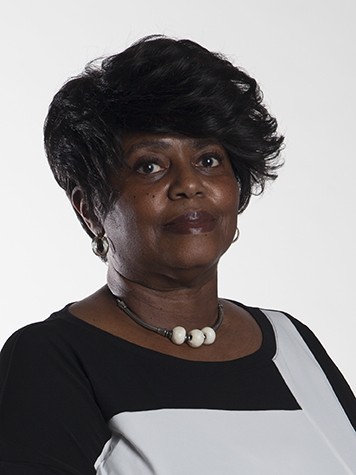
A naturally nosey person, JoAhne Penney has enjoyed finding out what is going on, and telling others all of her life. She has been out of school for decades,...

